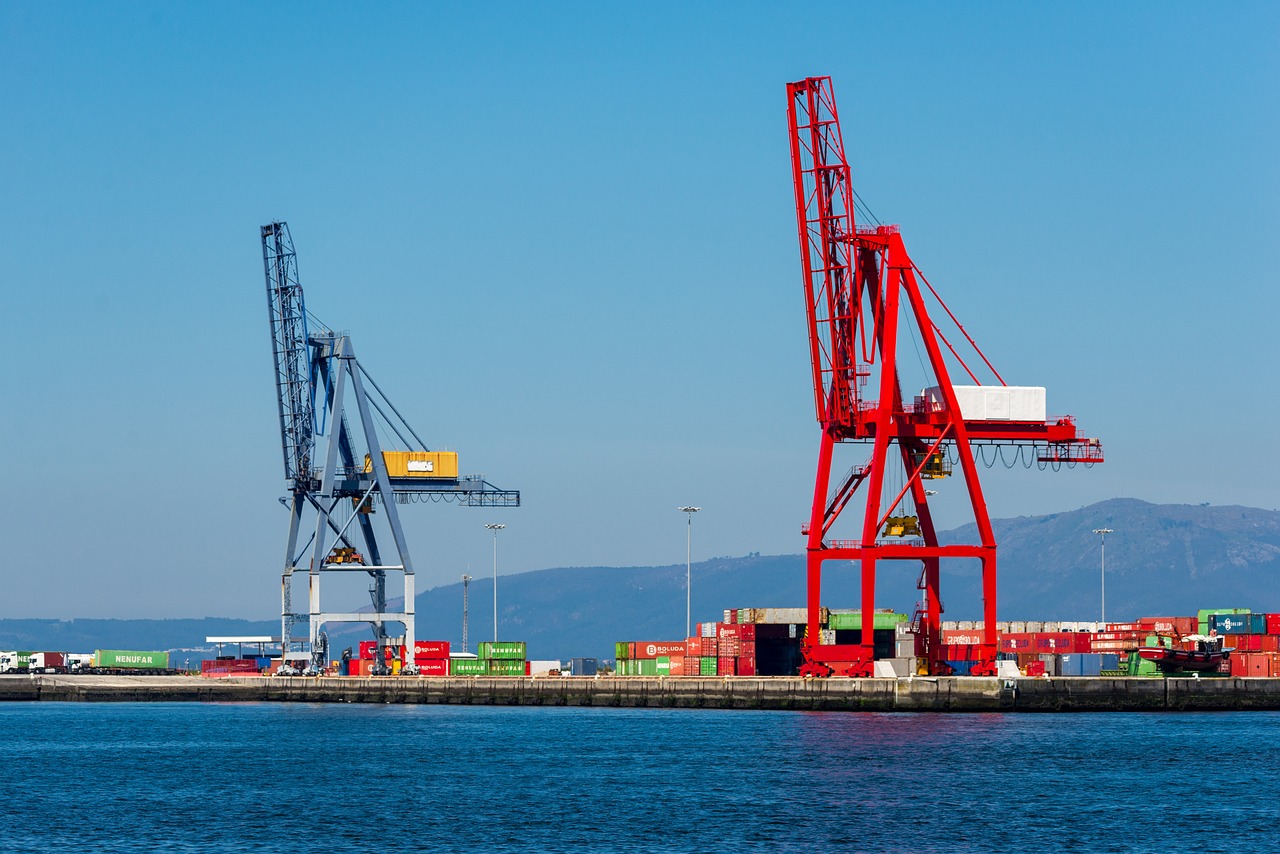
China and the U.S. have reached a 90-day tariff exemption agreement, with American companies accelerating their supply chains with Chinese firms, potentially triggering a new round of shipping congestion and cost increases.
According to media reports, U.S. companies are utilizing this 90-day window to stockpile products in the U.S. in anticipation of another tariff increase after the 90-day period.
Previous tariff policies led to a sharp decline in shipping demand. Richard Davey, CEO of the Massachusetts Port Authority, revealed that tariffs resulted in reduced demand, with Evergreen Marine notifying the port authority last week that their ships departing from China would decrease from weekly to twice a month. However, on Monday morning, the port authority began receiving requests from customers to increase imports during the 90-day period.
David Chitayat, CEO of contract manufacturer Genimex, predicts that this temporary tariff exemption means U.S. companies will try to quickly ship products that were previously stalled in Chinese factory warehouses.
Chitayat stated, "In the short term, shipping is going to be a mess as everyone competes for space." He expects container prices to rise but from a lower starting point.
As per Zhongjin's understanding, health product manufacturer Therabody, based in Los Angeles, has restarted production in China and accelerated production. CEO Monty Sharma stated that in his 40-year career, he has "never been so happy about a 30% cost increase."
Well-known handbag company Bogg Bag has reversed its previous decision to raise prices and resumed production that was halted earlier this year. However, Bogg plans to cut 45 items from its fall and holiday product lines — almost half — to avoid rushing production to make up for lost time.
"Let's get production finished quickly, load goods, and ship overseas," said Kim Vaccarella, CEO and founder of Bogg, as ports are starting to get crowded.
Chuck Gregorich, CEO of home goods company Net Health Shops LLC, stated that the temporary tariff reduction window will provide some short-term relief. The company is considering shipping several dozen containers from China that were paused in March. Gregorich expects this to increase their overall inventory and alleviate supply shortages.
He also added that the decision to ship these containers will depend on shipping rates. He anticipates that rising demand as other companies seek to deliver more goods in the coming weeks and months could push up shipping costs.
